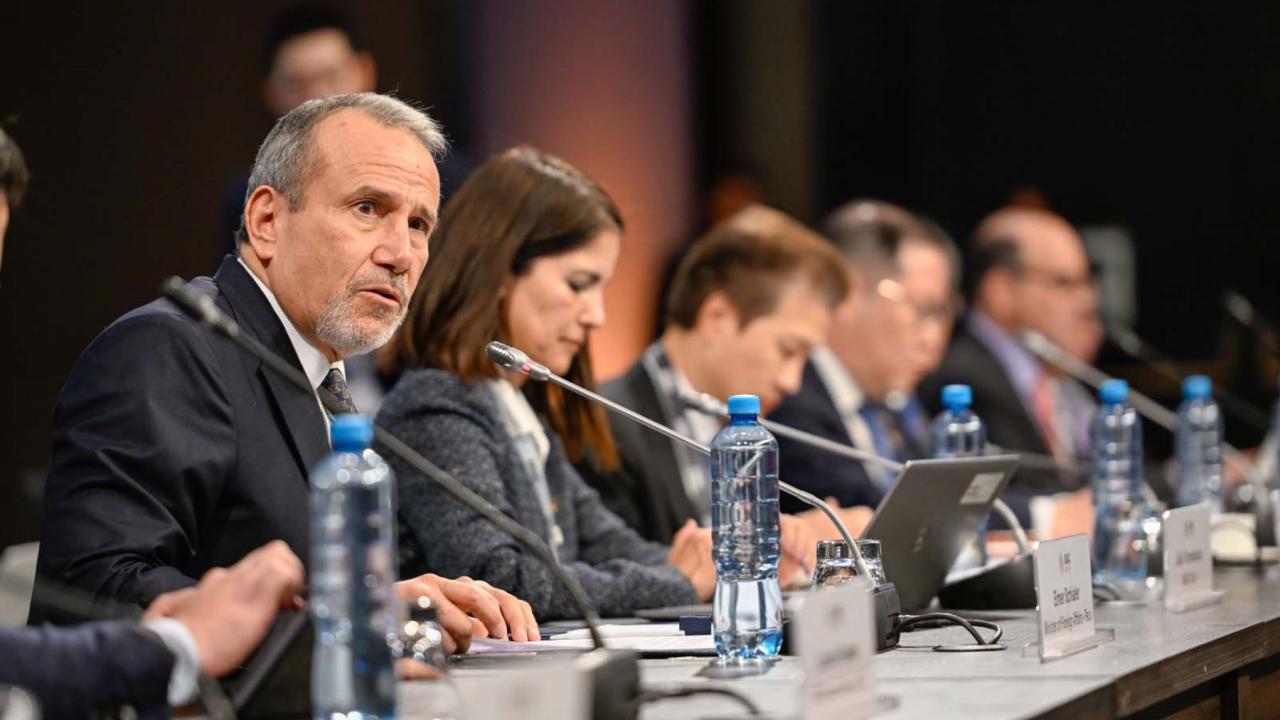
At the Fourth APEC Business Advisory Council Meeting 2024, Elmer Schialer highlighted APEC's role as a forum for cooperation between the public, private and academic sectors.
The Fourth APEC Business Advisory Council Meeting 2024 (ABAC) opened on Monday. The forum was attended by business representatives from the 21 economies that make up the Asia-Pacific Economic Cooperation (APEC) forum. Created in 1995, ABAC is the only non-governmental entity that plays an official role in the APEC leaders' meetings. The meeting will continue until tomorrow and is being held behind closed doors.
It is worth noting that its main function is to provide strategic recommendations on economic relations. The ABAC 2024 plan and mission is carried out through three working groups and two cross-cutting teams: regional economic integration, sustainability, human development, finance and investment, as well as digitalisation and innovation.
“This meeting is taking place at a crucial time, as the world faces complex challenges that require innovative solutions and collective action. As representatives of the private sector, we have a critical responsibility in shaping the future of APEC business. We are committed to developing visionary policies and strategies that will propel the Asia-Pacific region towards a sustainable, resilient and inclusive future,” said Julia Torreblanca, President of ABAC 2024 , during the opening of the fourth meeting in Lima, Peru.
The business spokesperson also thanked Malaysia, China and Japan for their support as hosts of previous ABAC meetings. She also said that the climate of dialogue achieved will be key to the success of APEC 2025, which will be organized in South Korea.
Later, Peruvian Foreign Minister Elmer Schialer praised the consensus reached at the working groups in previous months. In particular, Schialer highlighted the “productive discussions” between businesswomen and gender groups in Asia-Pacific, which focused on priorities such as boosting trade, advancing digitalization and addressing climate change.
“It is important that the APEC 2024 business community and governments together address the challenges ahead, to enable businesses of all sizes to reach their full potential in an uncertain global economic context. These challenges include trade barriers, digital transformation, sustainability and social inclusion,” Schialer said at the opening ceremony.
On the other hand, the Peruvian foreign minister highlighted the role of APEC as a forum for triple-type cooperation: it offers a platform for the public and private sectors, as well as for academia, in order to generate initiatives that promote sustainable growth. Among the main achievements of the 2024 edition are the recovery of consensus among member economies and the adoption of ministerial declarations.
In addition, the Lima Roadmap was drafted, a document that recommends public policies that address informal employment from a comprehensive perspective. “Peru introduced the transition of informal economic actors to the formal economy as a central issue on the permanent APEC agenda,” added Schialer.
The ambassador also highlighted that under the presidency of Peru, APEC economies have adopted by consensus ten ministerial declarations and five deliverables of a diplomatic and technical nature. These addressed key issues such as the economic inclusion of the disabled, reduction of carbon emissions and food waste, as well as sustainable finance.










